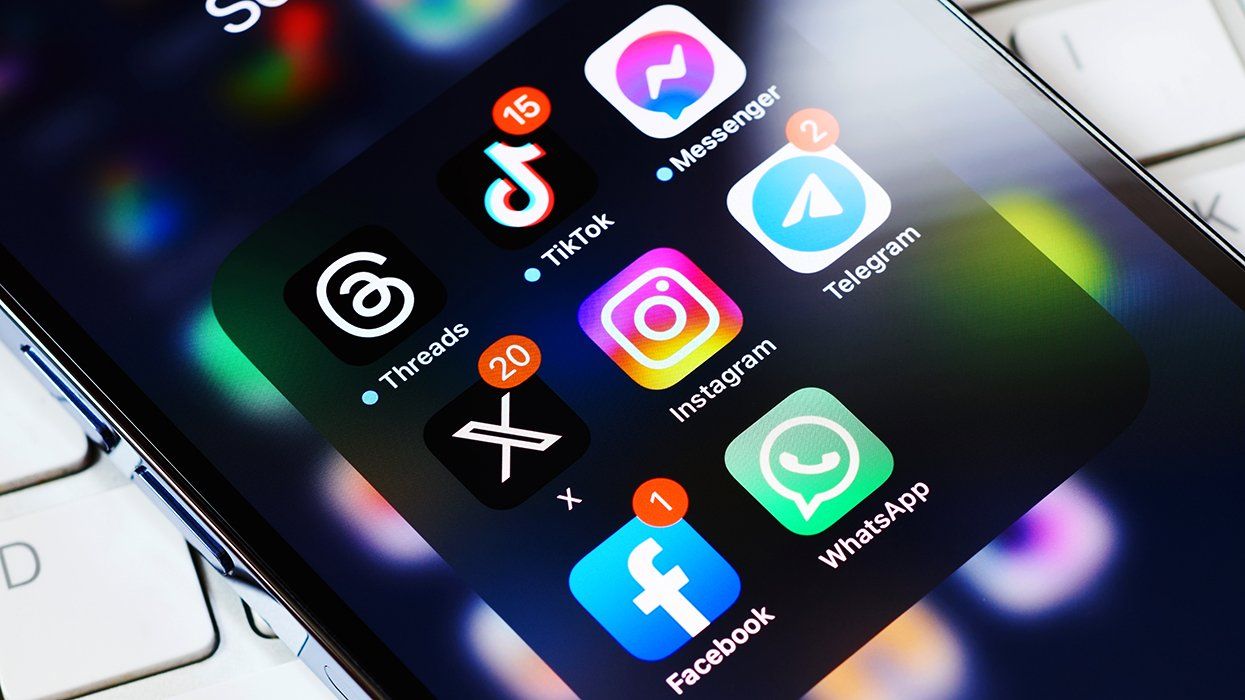News
LGBTQ+ people’s safety has plummeted across social media platforms: report

Viktollio/Shutterstock
GLAAD's 2025 Social Media Safety Index report is out.
The 2025 Social Media Safety Index from GLAAD reveals widespread failures by major tech platforms to protect LGBTQ+ users.
May 13 2025 9:00 AM EST
Cwnewser




































































Charlie Kirk DID say stoning gay people was the 'perfect law' — and these other heinous quotes